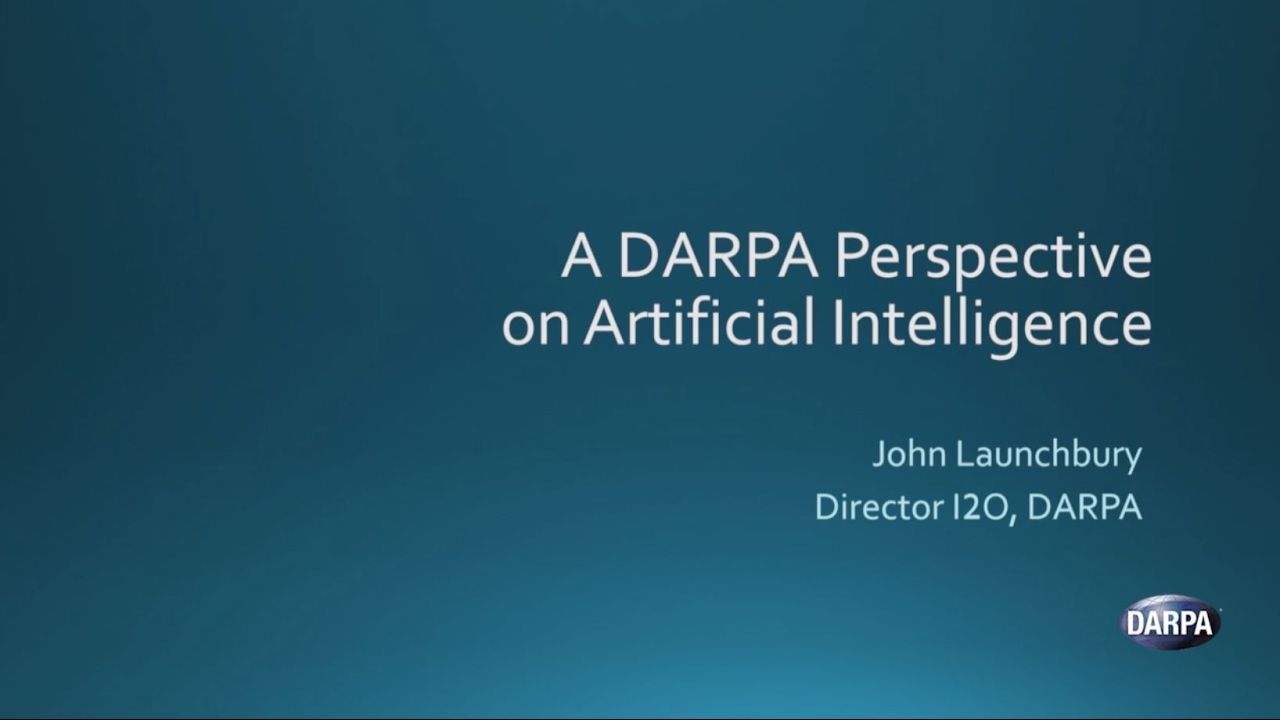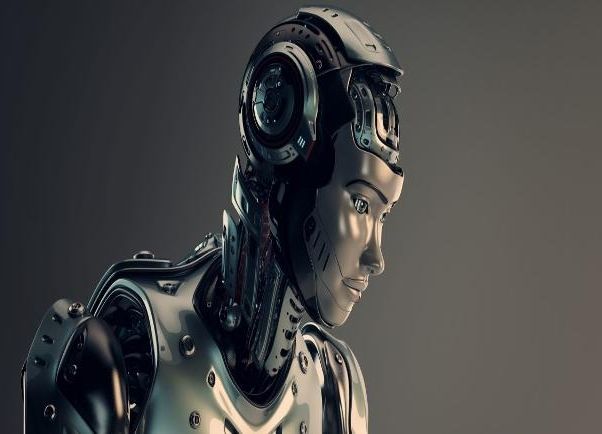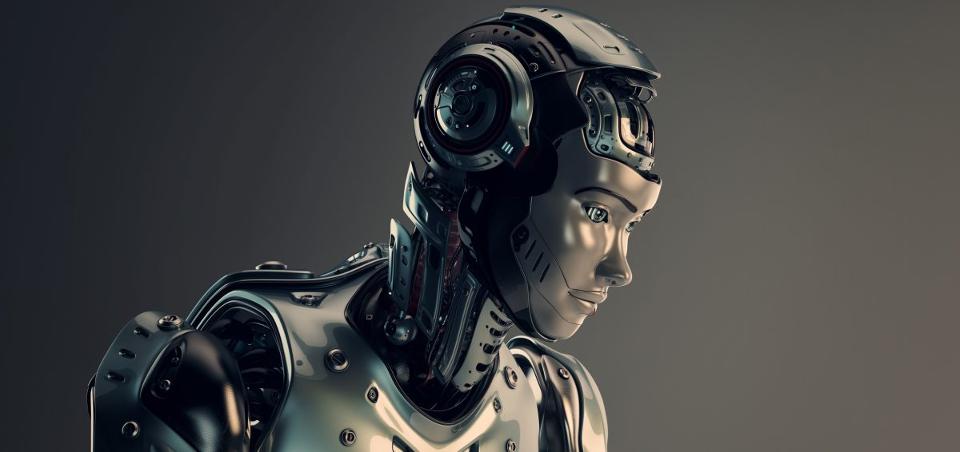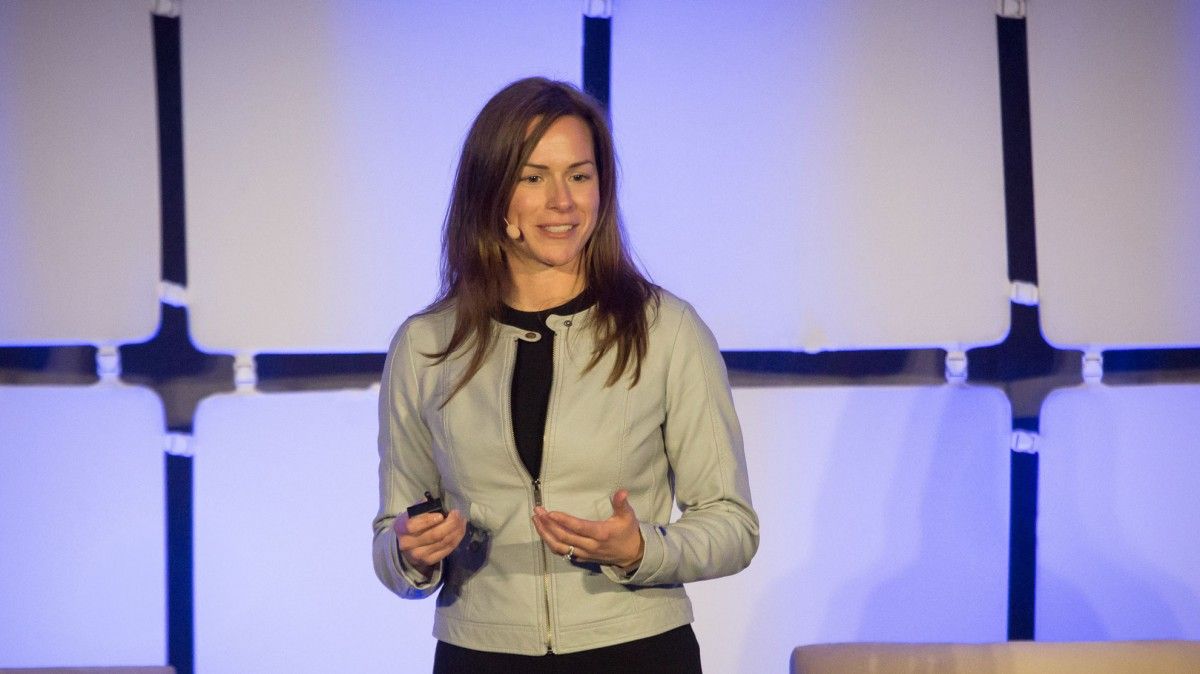DARPA envisions this development to come in three waves of innovation, culminating in machines capable of abstract thought.



ES Emerging Technology are delighted to invite you to the second event in our Exponential Series!
Nathan Waters is a futurist, decentralist and entrepreneur. He is the founder of the monthly Ethereum blockchain meetup (SydEthereum) and Australia’s largest independent hackathon (Hackagong).
In this discussion Nathan will be presenting a new project for a blockchain-based economic protocol intended to transition humanity to a post-Capitalist future. We’ll be covering topics such as: runaway automation, technological unemployment, future of work and education, wage slavery, wealth inequality, rising precariat, universal basic income, peer production, platform co-operatives, post-scarcity and decentralised autonomous organisations.


Could artificial intelligence make devices easier to use? According to Samsung, it sure can, and that’s what it the company out to prove with its Bixby AI service.
Bixby is being loaded on the Galaxy S8 and S8+ smartphones, which were announced on Tuesday. Bixby is an agent that can help the smartphones talk, recommend, and remind, said Mok Oh, vice president of service strategy at Samsung.
The AI service is being positioned as a more intuitive way to use and interact with smartphones. For example, Bixby can help smartphones execute tasks with a voice command. It also brings cool features like image recognition and language translation on board the S8 smartphones.

Algorithms with learning abilities collect personal data that are then used without users’ consent and even without their knowledge; autonomous weapons are under discussion in the United Nations; robots stimulating emotions are deployed with vulnerable people; research projects are funded to develop humanoid robots; and artificial intelligence-based systems are used to evaluate people. One can consider these examples of AI and autonomous systems (AS) as great achievements or claim that they are endangering human freedom and dignity.
We need to make sure that these technologies are aligned to humans in terms of our moral values and ethical principles to fully benefit from the potential of them. AI and AS have to behave in a way that is beneficial to people beyond reaching functional goals and addressing technical problems. This will allow for an elevated level of trust for technology that is needed for a fruitful pervasive use of AI/AS in our daily lives.

Robot nannies in Forbes today. Interesting story! https://www.forbes.com/sites/centurylink/2017/03/29/robot-nannies-are-here-but-wont-replace-your-babysitter-yet/#3ce6632c56b7 #transhumanism
Would you let a robot care for your child?
 As our population ages, these caregiver robots will also be useful for the old as well as the young.
As our population ages, these caregiver robots will also be useful for the old as well as the young.
This is not a rhetorical question. So-called robot nannies are already a hit in Japan and China, and are now beginning to appear stateside.
The numbers show why this is an attractive proposition. According to the U.S. Center for Disease Control and Prevention, approximately 4 million babies are born annually in the United States. That’s almost 11,000 daily births.

Rigetti Computing is building a cloud quantum computing platform for artificial intelligence and computational chemistry. Rigetti recently opened up private beta testing of Forest, its API for quantum computing in the cloud. Forest emphasizes a quantum-classical hybrid computing model, integrating directly with existing cloud infrastructure and treating the quantum computer as an accelerator.
BRUSSELS NATO plans to spend 3 billion euros ($3.24 billion) to upgrade its satellite and computer technology over the next three years as the Western military alliance adapts to new threats, a senior official said.
Seeking to deter hackers, and other threats including Iranian missiles, the investments underscore NATO’s recognition that conflicts are increasingly fought on computer networks as well as in the air, on land and at sea.
A senior official at the NATO Communications and Information Agency said the plans include a 1.7-billion-euro investment in satellite communications to better support troops and ships deployed across the alliance, as well as aiding the use of Unmanned Aerial Vehicles (UAVs) or drones.

The fear that automation in the form of robots or artificial intelligence is going to destroy jobs is widespread. But it can be difficult to gauge just how serious to take the threat. Different reports offer different estimations of how many jobs will be lost, while politicians and economists argue that technology creates as many jobs as it destroys, maintaining an equilibrium in employment over the long run.
But is this really true? A new study from the National Bureau of Economic Research aims to add some solid numbers to the debate, looking at the historical effects of robots on employment in the US. Economists Daron Acemoglu and Pascual Restrepo studied the US labor market between 1990 and 2007, looking at employment rates in different areas and industries while controlling for the influence of factors like increased imports from China and the offshoring of jobs.
